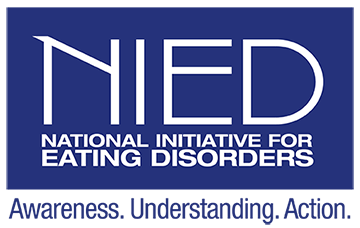Susan Minuk speaks with Wendy Preskow about the National Initiative for Eating Disorders.
Wendy Preskow: Educating about Eating Disorders.
Of all the mental illnesses, the medical world recognizes eating disorders as the most deadly. Yet in our society, eating disorders are largely misunderstood. Wendy Preskow is the voice for Canadian families, caregivers and individuals who have been affected by eating disorders. Preskow spoke to The CJN about the National Initiative For Eating Disorders (NIED), the organization that she co-founded in 2012.
What was the impetus for creating the National Initiative For Eating Disorders?
I have a sick daughter, Amy, who has been suffering for two decades from anorexia and bulimia. Imagine someone with a chronological age of 34 with incredible potential, but with a seven year old’s lack of social and emotional independence and the osteoporosis of a senior. In high school, Amy would ask herself, “Who am I?” There was never abuse or trauma. She was never an overweight child. But she always felt she was never enough.
We found there were a lack of resources and an incredible lack of awareness and understanding that an eating disorder is a mental illness. What we came to realize was how many thousands and thousands of other families there are across the country in the same or worse situations than us. I could not just sit back. I had to take action.
For the very first time in the eating disorders landscape in Canada, NIED was the catalyst to bring multiple stakeholders together in Winnipeg in September 2016. Four Canadian national organizations united to formulate a national eating disorder strategy, which will include six pillars: treatment, training, education, prevention, caregivers and research. This strategy will be launched later this year.
An estimated one million Canadians are struggling with eating disorders. Please explain what an eating disorder is.
There are different types of eating disorders and the most common disorders that people hear about are: anorexia nervosa (starving); bulimia (binging and purging); and binge eating (constant eating). From our daughter’s perspective, anorexia is all about control. Something in her life that she found she could have control over was food. Food is actually a symptom of the disease. All of these disorders are deep psychological and psychiatric illness, in which the food is a symptom of the disease. It manifests in what they do with food – whether they starve, or whether they binge. The binging and the purging is more about wanting to numb the emotions because they get a high from the purging. It’s been said that it’s the same kind of high that somebody would get using cocaine.

